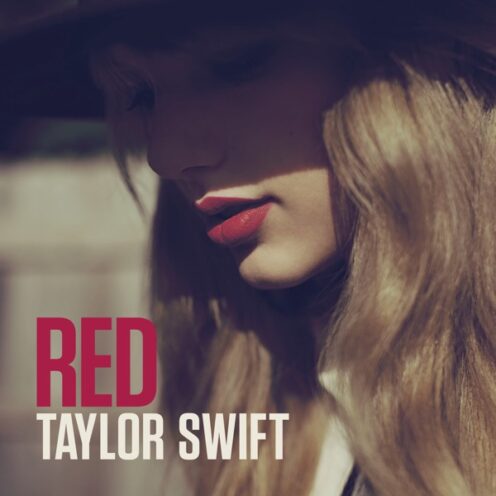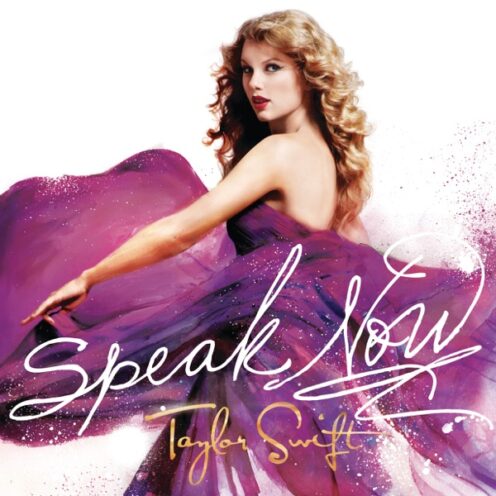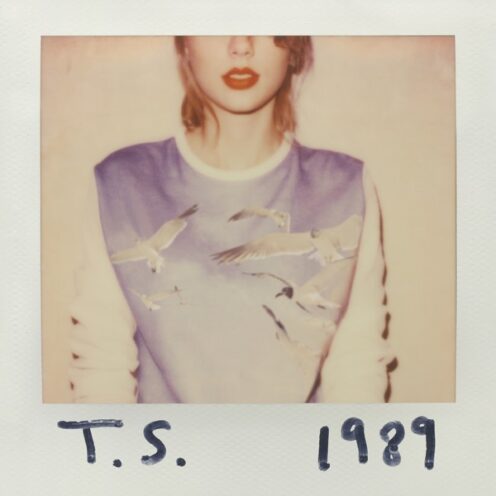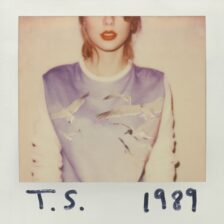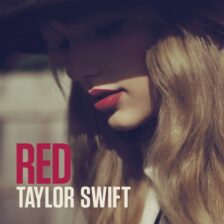Josh Tillman, aka Father John Misty, explained the Taylor Swift lyric from his new song “Total Entertainment Forever” in an interview with Exclaim:
Human civilizations have been entertaining themselves in disgusting ways all through human history — I mean, whether it’s lighting Christians on fire, or whatever. We have to consider that maybe there are ways in which we entertain ourselves now that are equally as disturbing. I think that that’s important — to not assume that everything about the way we live is the direct product of progress.
The fact of the matter is, I don’t want that to happen to Taylor Swift. That is the worst thing I can think of; that is so horrible. But again, this plays into progress, where like, the internet was supposed to be this new democracy, a utopia of information where everyone had a voice and we were all interconnected, and we would experience true democracy — and it turned into pornography, followed only by outrage. The tools represent some kind of technological advancement, but if we can’t act like more than angry ecstasy freaks with the most advanced technology in the world, then how much have we really progressed?
And if you don’t think that this virtual reality thing isn’t going to turn into sex with celebrities, then you’re kidding yourself. That face recognition stuff? I mean, there are people working on it right now. It’s absurd. Someone sitting with this headset on, you know? Oh God, it’s just, how many different ways do human beings need to masturbate?
So on the album there are more than a few songs where I’m saying ‘Is this progress? Like, is this really what progress looks like?’
